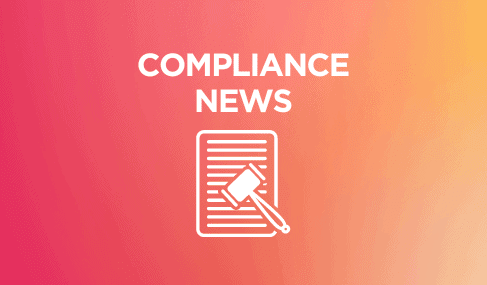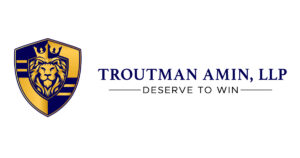
We aim to highlight the importance of due diligence in lead campaigns and to keep our customers and industry associates up-to-date with the compliance news reported for our industry. This article from TCPA World is reprinted here for our readers, courtesy of our legal partners Troutman Amin LLP.

NOT ENOUGH: Statement a Company Used an “Autodialer” Not Sufficient To Win TCPA Suit Appellate Court Holds
by Eric Troutman
Good morning folks.
Quick one for you.
In Guthrie v. PHH Mortgage, 2023 WL 5312885 (4th Cir. Aug. 18, 2023) an Appellate court concluded that the mere fact a business’ call center agent told a consumer an “autodialer” was used to make a call was not sufficient to win a TCPA case.
The Defendant had allegedly placed collection calls to the Plaintiff without express consent using an autodialer. The Defendant moved for summary judgment arguing that–after Facebook–its system could not be treated as an ATDS.
The Plaintiff failed to gather evidence regarding the capabilities of the dialer–most importantly, whether it could store or produce numbers using an ROSNG–and, instead, opposed the motion only with a statement from a rep that the calls had been made by an autodialer.
Noting that not every autodialer is an ATDS the Appellate Court held the lower court correctly granted judgment to the defense:
Guthrie’s sole evidence that PHH used an automatic telephone dialing system to contact him comes from his own testimony, in which he states that two callers from PHH told him they used an “auto dialer” to reach him. However, in response, a PHH representative testified that “PHH never used a random or sequential number generator to generate and then dial a telephone number when calling Plaintiff or any other individual in connection with the Loan.” J.A. 1638. And the evidence offered by Guthrie failed to create a genuine issue of material fact that references to “auto dialer” referred to an “automatic telephone dialing system.” Guthrie has provided no evidence that PHH used an “automatic telephone dialing system” as defined in the TCPA. So, even construing the evidence in his favor, a reasonable jury could not conclude that PHH violated the TCPA. Thus, we affirm the district court’s summary judgment on this claim.
Now it is important to note that PHH’s evidence only looked at using a ROSNG to “generate and then dial” a phone number–but that is NOT the test. Again the test is whether a number is STORED or produced using an ROSNG. PHH touched on production but not on storage. So the Court easily could have reversed on this ground.
But I think the Court was ultimately correct here because it was Plaintiff’s burden to prove ATDS usage, not vice versa. Even though PHH’s showing was insufficient to win it did not have the burden of proof. And since Plaintiff could not demonstrate the functionalities of the system–he loses.
This might be the best case to date on the impact of representative admissions regarding dialer usage. Keep it in mind!
Get a recap of the latest contact center compliance news delivered monthly to your inbox. Subscribe here>
DISCLAIMER: The information on this page and related links is provided for general education purposes only and is not legal advice. Convoso does not guarantee the accuracy or appropriateness of this information to your situation. You are solely responsible for using Convoso’s services in a legally compliant way and should consult your legal counsel for compliance advice. Any quotes are solely the views of the quoted person and do not necessarily reflect the views or opinions of Convoso.
